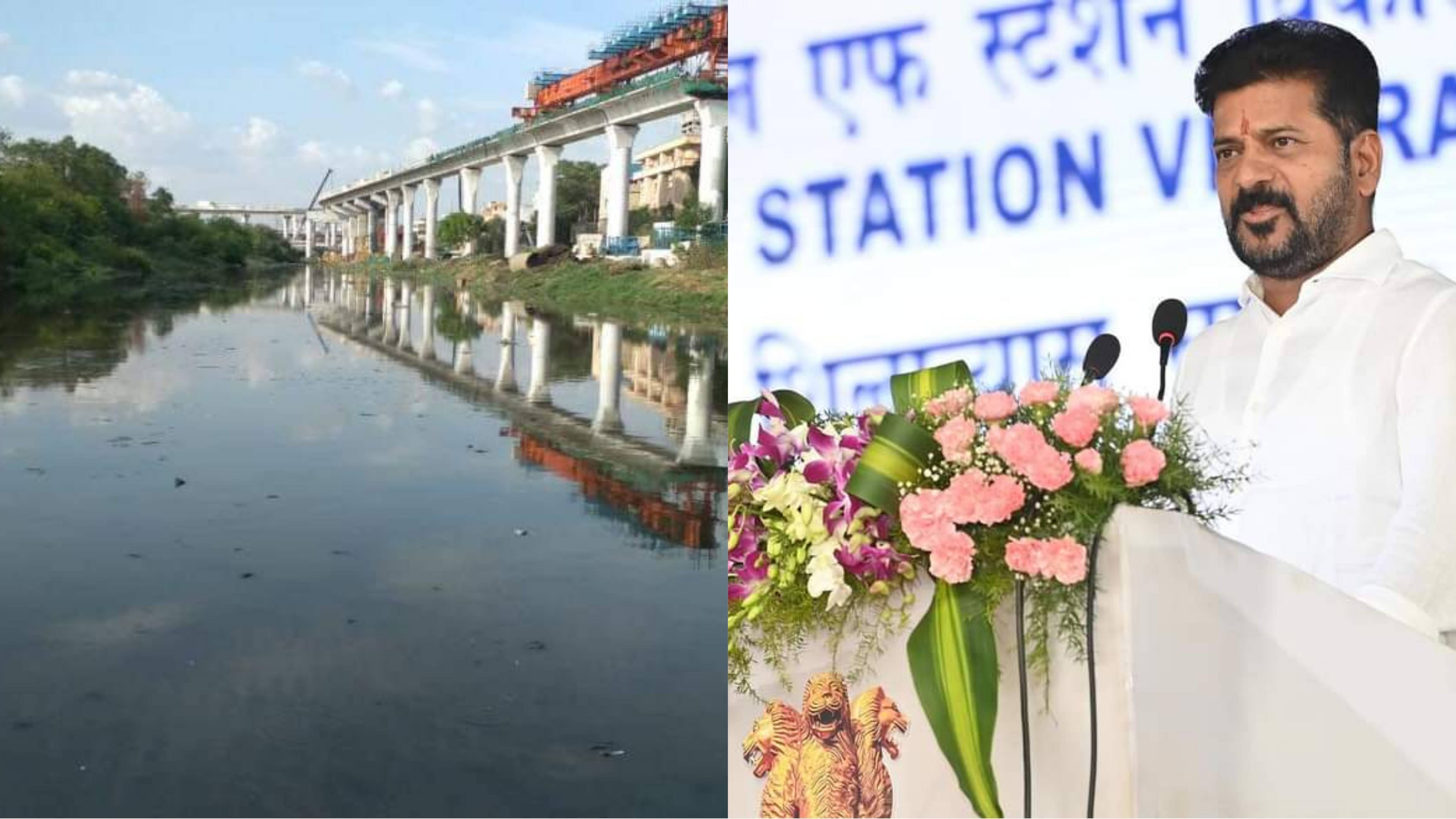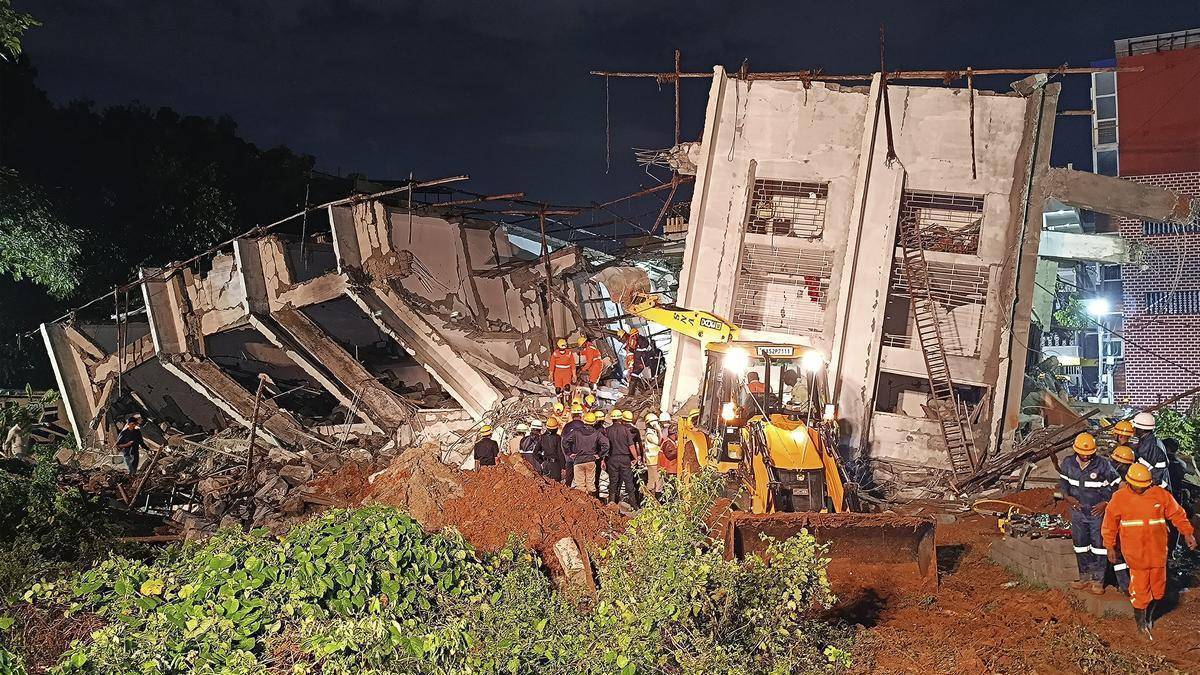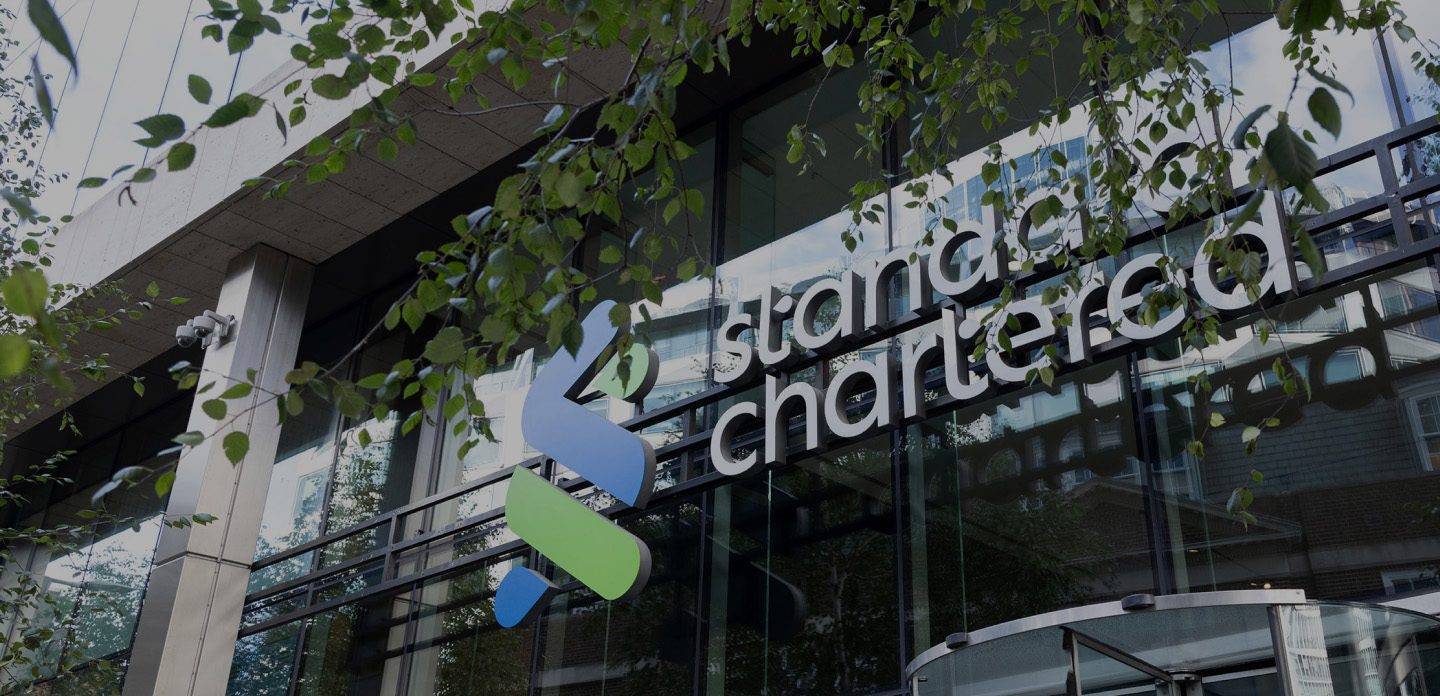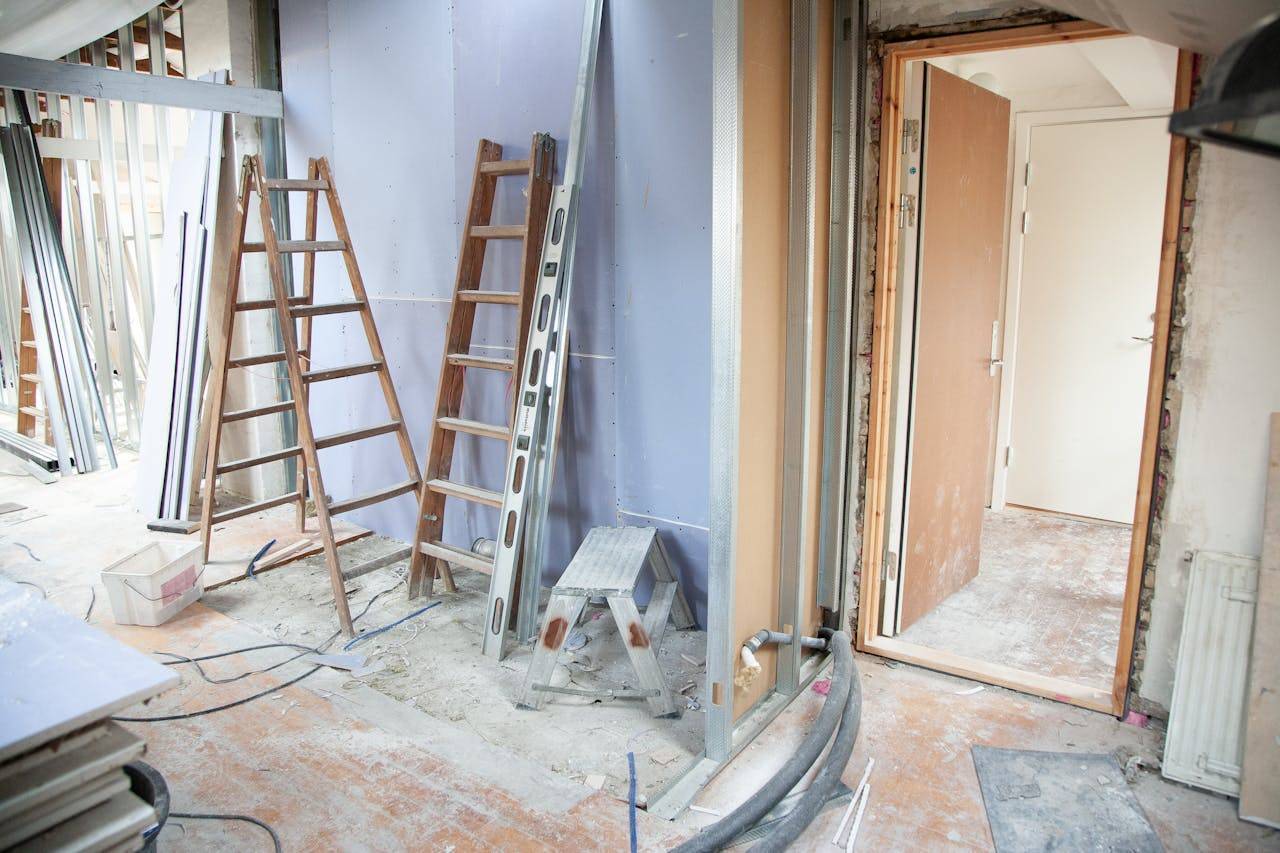The Telangana government is considering a comprehensive rehabilitation plan for families that will be displaced by the Musi River rejuvenation project. The state government, under Chief Minister A Revanth Reddy, is deliberating on offering house sites and 2BHK houses to these families, a move aimed at compensating those affected by the project while also providing them with improved living conditions.
The Musi River project has been in discussion for several decades, with earlier efforts failing to materialize. The Congress government is now focused on moving forward with the plan, emphasizing its commitment to completing the rejuvenation of the Musi River, which has been a long-pending issue. This project is expected to impact between 12,000 and 13,000 families, including pattadar (land title) holders, squatters, and tenants living along the riverbank.
According to Telangana's Revenue and Housing Minister P Srinivas Reddy, who is currently on a study tour in Seoul, the government is working on a plan to proviande compensation and housing to the displaced families. He noted that if the land belonging to a pattadar is taken for the project, the government will offer compensation along with a house plot. For those who have encroached on the riverbed or do not hold legal title to the land they occupy, the state government is considering providing 2BHK houses and a plot of land as part of the rehabilitation package.
The government estimates that approximately 500 acres of land will be required to implement this plan. Minister Reddy acknowledged that previous attempts to address the issue of the Musi River's degradation have failed, but he emphasized the Congress government's commitment to taking concrete action. He further noted that unlike the previous BRS (Bharat Rashtra Samithi) government, which was accused of forcibly acquiring land for various projects, the current administration intends to convince affected residents and avoid coercive methods.
The Congress government is confident that it can provide a better package to those losing land or property due to the Musi rejuvenation project. Minister Reddy highlighted a historical example to illustrate the effectiveness of offering attractive compensation packages. He pointed to the land acquisition for railway development in Khammam district during the tenure of former Chief Minister Jalagam Vengal Rao. At that time, he noted, people were eager to offer their land for the railway project due to the favorable compensation package provided by the government.
The minister expressed hope that a similar approach could be successful in convincing the affected families to cooperate with the Musi project. He also noted that opposition parties might attempt to politicize the issue, but he remained confident that their efforts would ultimately fail. The government, he said, is focused on providing a rehabilitation package that meets the needs of the displaced families while ensuring the successful completion of the Musi River rejuvenation.
The broader goal of the Musi River rejuvenation project is to restore the river's ecological balance and enhance the quality of life for residents living along its banks. In recent years, the river has been heavily polluted and its surrounding areas have been encroached upon by informal settlements. The government hopes that by addressing these issues, it can transform the river into a clean and vibrant waterway that serves as an asset to the city of Hyderabad.
While the project faces challenges, particularly in terms of land acquisition and resettlement, the Telangana government is determined to see it through. The plan to provide both house plots and 2BHK houses to displaced families reflects a broader effort to balance development with social responsibility. The government recognizes that successful urban development requires not only infrastructure improvements but also ensuring that affected communities are adequately compensated and provided with opportunities for a better quality of life.
By addressing the needs of both legal landholders and encroachers, the government is striving to create a rehabilitation package that is fair and equitable. While challenges remain, the commitment to avoiding forced land acquisition and providing attractive compensation may prove key to the project's success.
As the state continues to work towards the rejuvenation of the Musi River, it remains to be seen how the affected communities will respond to the proposed rehabilitation measures.









.png)